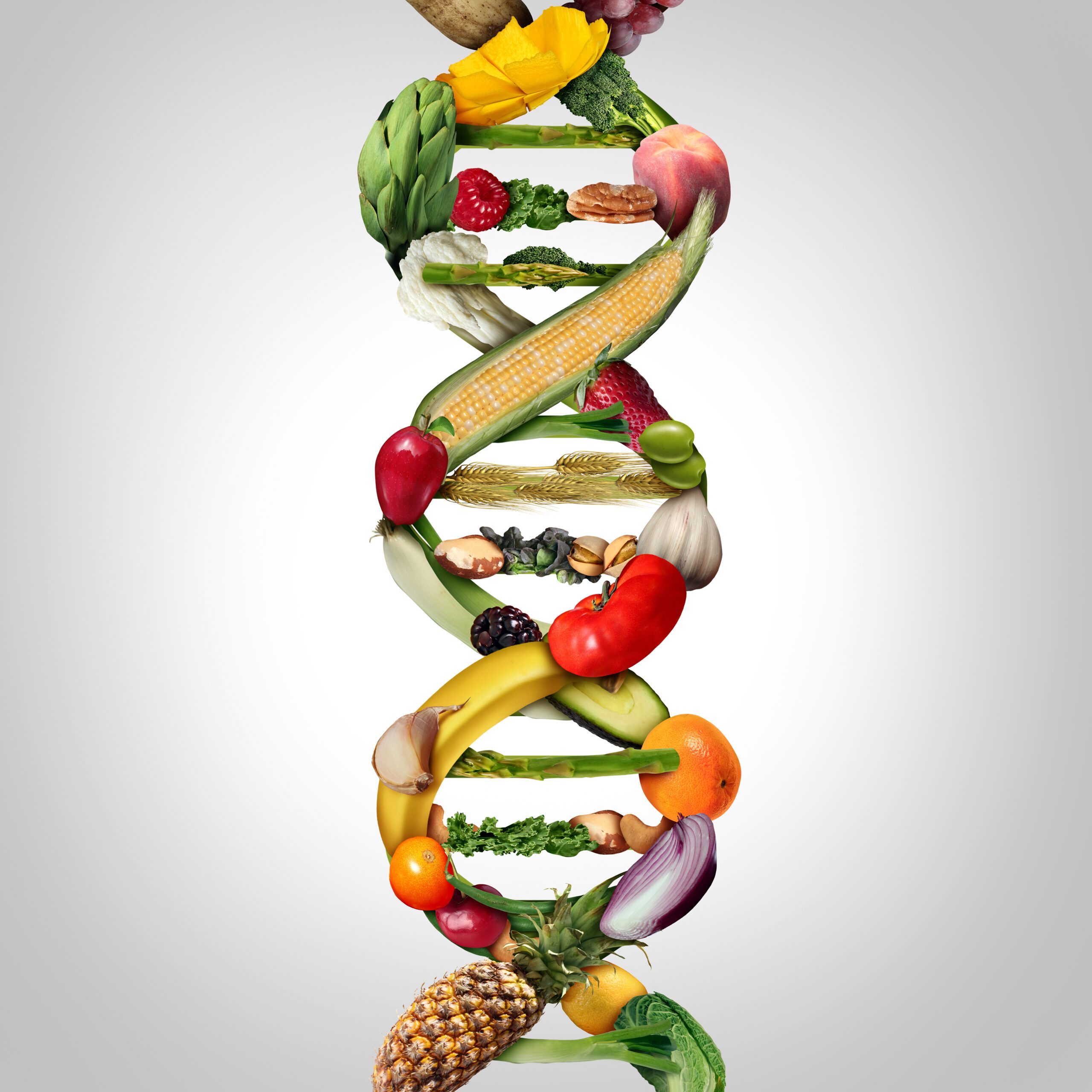5 Genetically Modified Foods You Should Be Aware Of
August 26, 2017
 922
922 
5 Foods You Didn’t Know Are Genetically Modified
With all of the controversy surrounding genetically engineered foods, many people are actively seeking unaltered foods and avoiding modified. What some don’t realize, however, is that unlike places such as Europe and Japan, the United States doesn’t require food manufacturing companies to disclose if their food is genetically enhanced or not. Here are five foods that you might least expect to be genetically modified.
Virtually All Meat Not Specifically Labeled “Organic”
If you’ve eaten any meat that wasn’t specifically labeled as “organic,” chances are that it was genetically modified in some way. Even if a cow, pig or chicken was not genetically engineered, odds are that the animal was being fed altered feed. The best way to avoid eating animal products that are plump with growth hormones is to choose organic, farm-raised meats.
Cooking Oils
There’s one thing used by restaurants and households across the nation that almost certainly is genetically modified: cooking oils. Basically, if it doesn’t explicitly say that it’s not “enhanced,” it probably is. The plants that are used for these oils – corn, soybean, canola and cottonseed – are very commonly enhanced with various genetic traits that help them grow stronger and faster.
Fruits
Many fruits are developed to withstand colder climates and tough growing conditions. Strawberries have been made to resist frost by taking a gene from cold-water fish and adding it to the fruits. Additionally, certain aspects of the fruit can be changed through genetic engineering, such as its size, how big the clusters are, and weight. This is done by adding a chemical called forchlorfenuron, which is a growth enhancer. According to several studies, this chemical directly contributes to cancer and neurological disorders.
Papaya
Since 1999, Hawaiian farmers have been altering their papaya crops to combat viruses. They were largely successful in developing papayas that are highly resistant to viruses, but at what cost? Today, over 75 percent of these crops are genetically enhanced.
Cereal
Kids and kids-at-heart will not like this one. Many of our favorite breakfast cereals contain one or more trace ingredients that have been modified, such as soy, corn additives, and sugars. Chances are, if your favorite cereals involve a cartoon character on the box, mini marshmallows, or brightly colored pieces, it has growth chemicals stemming from its most basic ingredients.
Sometimes even the cereals that appear to be completely healthy are not what they seem. For example, in April earlier this year, health food manufacturer Kashi was caught in the middle of a controversy regarding the discovery that their cereals all contained genetically modified soy, and the grains even contained pesticides that were known to be carcinogenic hormone disruptors! Of course, Kashi responded immediately by teaming up with the non-GMO project to get its foods verified.
But it does give one pause, and you can’t help wonder: how many other companies are going unnoticed?

A new study suggests that a widely used sugar substitute found in diet sodas, chewing gum, and low-sugar yogurt may elevate insulin levels. This could increase the long-term risk of heart disease. “Artificial sweeteners have infiltrated nearly all types of food, making it crucial to understand their long-term health effects,” said Yihai Cao, senior author […]

Diet Coke has long been a fan-favorite among soda lovers who want a fizzy, guilt-free alternative to traditional soft drinks. While its zero-calorie, zero-sugar label makes it seem like a healthier option, the reality is far more concerning. Despite its undeniable popularity, Diet Coke’s nutritional profile has raised red flags among health experts for years. […]

New study shows that embracing an anti-inflammatory, plant-forward diet can support cognitive function and help reduce the risk of dementia. What You Eat Shapes Your Brain The food you eat doesn’t just impact your body—it also affects your brain. Research suggests that eating an anti-inflammatory, plant-based diet can help improve memory, focus, and overall brain […]